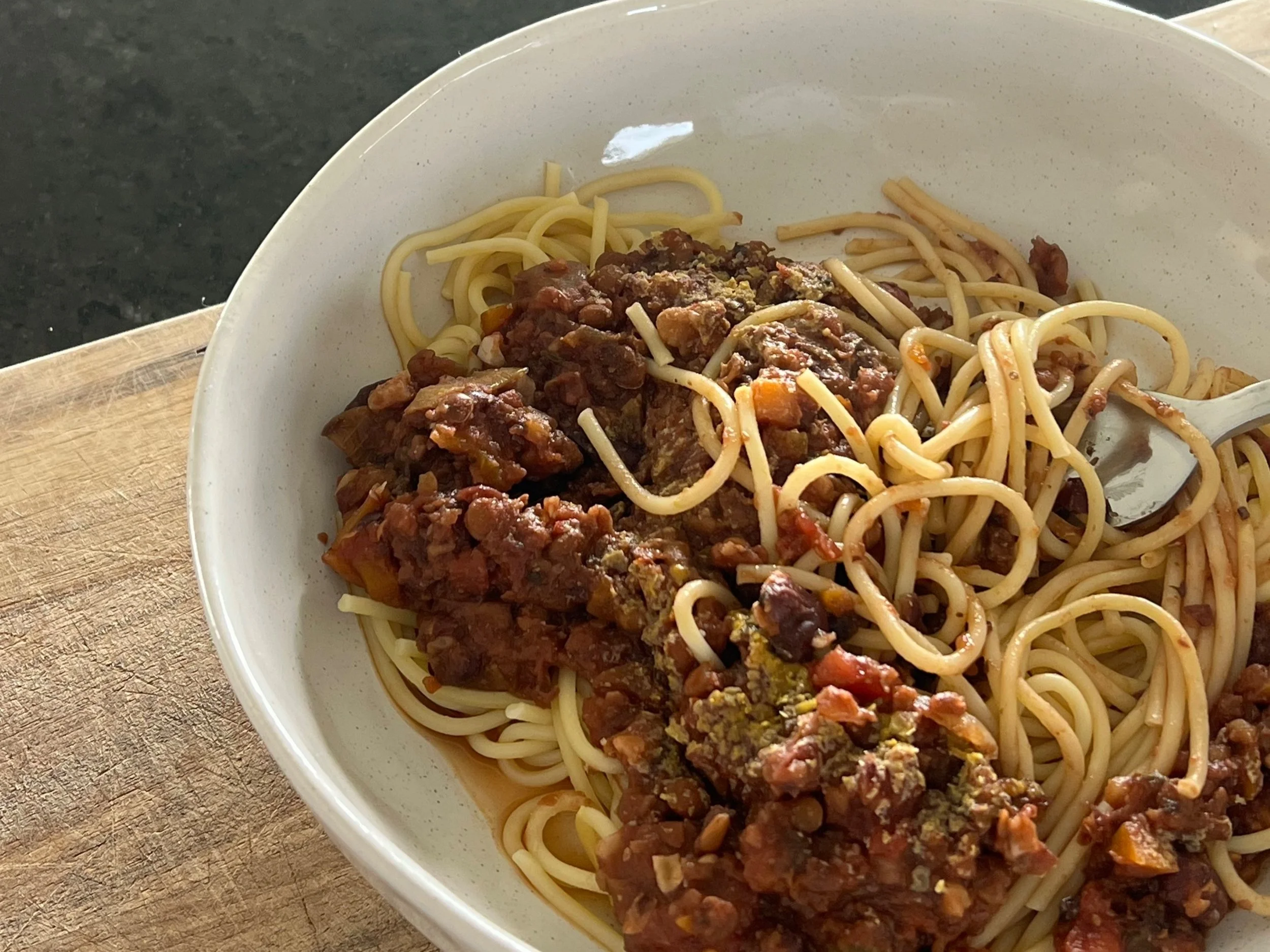Let’s talk: IRON
If you menstruate, you should really get to know all things iron…
Iron deficiency is the most common deficiency in women in the world! Which means it is likely, especially if your menstruate every month, that you have been or are deficient in iron.
Iron Deficiency symptoms:
Fatigue
Painful/heavy periods
Pale skin
Hairloss
Anxiety
How do you test your iron level?
Iron levels are checked through blood tests. The stored form or iron, ferritin is what is tested and used to understand your iron levels. A ferritin level of 30ug/L an under is deemed deficient. However, this does’t necessarily mean you will feel fine if your just oven 30ug/L. In fact, if you want to feel optimal, you should aim to have your ferritin levels at 60-100ug/L. This is because many women will still notice iron deficiency symptoms when their ferritin isn’t at 60ug/L or above. The difference in feeling fine versus optimal is huge - you want to thrive not just survive!
To supplement or not?
If you have an extreme iron deficiency then an iron supplement is required to help rebuild your stored iron - this can take months of consistent supplementation, or even an infusion - your doctor will likely recommend that. If you iron is low or not optimal then you want to increase your iron food sources and improve its absorption and depending on your ferritin levels an iron supplement could be useful - especially if you aren’t consistent with eating iron rich foods.
Iron supplements absorb best when taken on an empty stomach, which means that they can cause gastrointestinal discomfort. Iron bisglycinate has shown to be the most gentle form of iron on the stomach.
Research has also shown that taking your iron supplement every other day improves absorption and is more affective.
Iron food sources:
There a 2 different types of iron: heat (animal products) and non=heme (plant-based).
We know that heme iron is the absorbed much better by our bodies which makes it the best source or iron, this includes meat, fish and shellfish, liver & poultry. However, we know that pairing Vitamin C with non-heme iron increases its absorption - meaning it can be utilised by the body and makes it an adequate source of iron - so don’t fear if you don’t eat meat!
Non Heme iron:
tofu & soy products
wholegrains
beans and legumes (lentils, chickpeas, black beans, kidney beans)
nuts and seeds
fortified products (weet-bix & other cereal)
dark leafy greens
dried fruit like apricots
